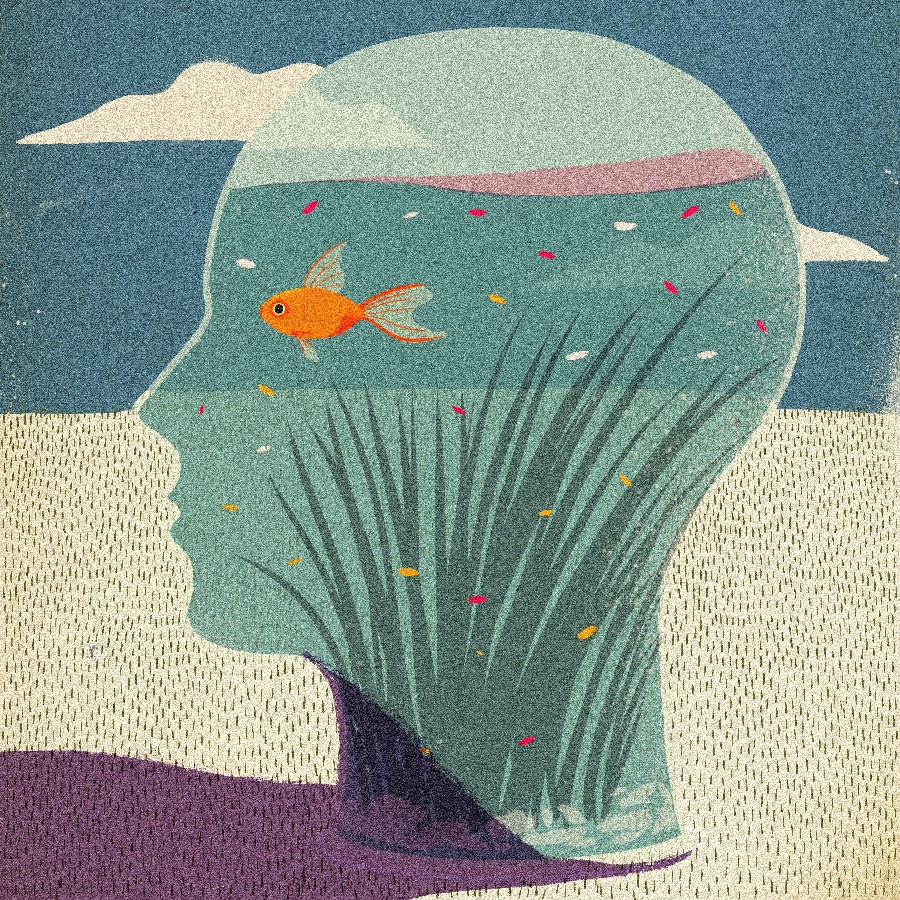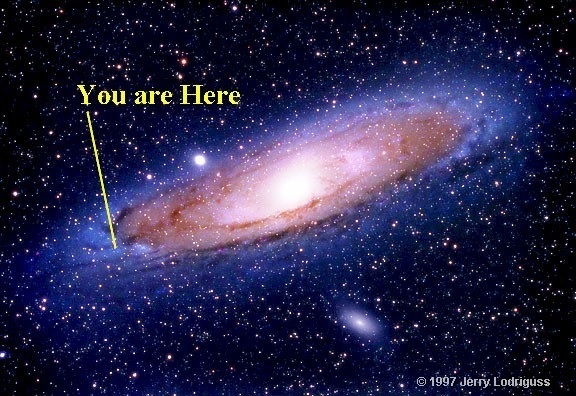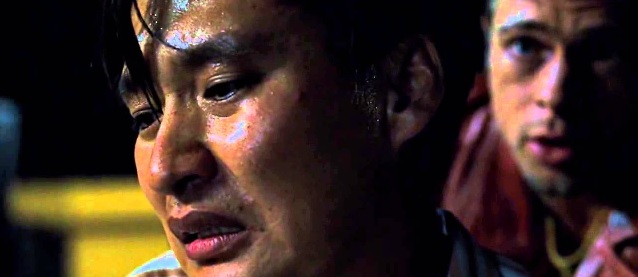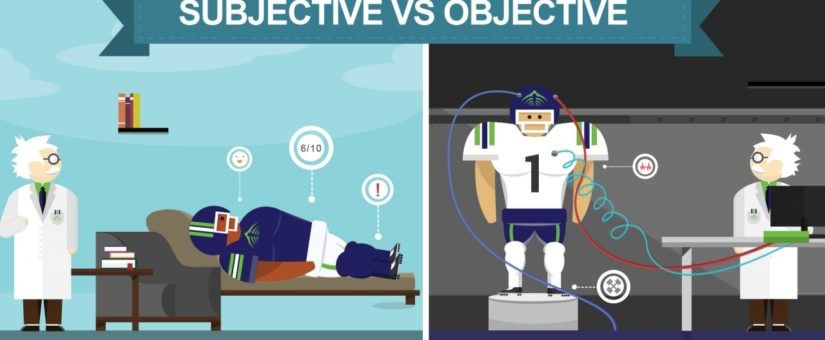
Let’s get right to it.
Cue music (something gentle): Still Corners “The Trip“.
In this blog, a mixture of philosophies has been presented. Rather than one way of thinking, an eclectic approach has been taken. A philosophy of enjoyment mixes philosophies and accepts wise insights from anywhere and everywhere, including:
1) Epicureanism: avoid pain and seek natural and necessary pleasures like food, friends, and shelter,
2) Stoicism: seek virtue, use endurance, self-restraint and willpower to withstand problems, and balance animal nature with human reason,
3) Existentialism: as a free and responsible agent, you develop yourself through willpower,
4) Romanticism: subjectivity, beauty, imagination and emotion are important,
5) Empiricism: what we know comes from sense experience,
6) Rationalism: what we know comes from reason,
7) Religion: peaceful happiness comes through love, egolessness and the golden rule,
8) Science: ideas can be tested,
9) Movies, music, books… all forms of beauty making: “Only connect,” E.M. Forster,
10) Nature: “Come forth into the light of things, let nature be your teacher,” W. Wordsworth.
Like a pie made better with a mixture of select ingredients, so is your philosophy of enjoyment.
An example of a delicious pie made with a mixture of select ingredients (see: A Brief History of the Great British Pie).
And in this pie of philosophies, there are two ways of looking at the world. We can look a the world: 1) The Thinking Way, or, 2) The Not-thinking Way.
Please note: We can pivot between looking at the world the thinking way and the not-thinking way.
1) The Thinking Way: The first way of looking at the world is the ordinary way. It’s how we get things done. It is what most people are used to and why most people look distracted. This is the practical, utilitarian way. It is to see things filtered through yourself. It is to look at the world as it affects you and as you think about it. It is to see the world through the filter of your personality. Your mood, your preferences and your conditioned opinions colour everything.
The danger in the Thinking Way of looking at the world is that you can be so inside your head that you don’t see what’s going on and when you’re in your head like that, you can talk yourself into, or out of, almost anything. You can see, but you don’t. It’s like when you park a car and don’t remember driving. You get home and don’t remember the trip. Why is that? It’s because you were absorbed in thinking and you didn’t see the world. You negotiated down roads, around trees and buildings, but you were a million miles away.
2. The Not-thinking Way: The second way of looking is the opposite of the thinking way. It’s not that your brain isn’t working—it is—it’s just that it is not self-directed and busy. The Not-thinking Way is a stilling of one’s mental chatter to the point of experiencing the world directly, unfiltered by thoughts, fears, memories or desires.
And when you look directly at the world with all of your senses, there is no one narrating. There are no mental movies playing. There is simply: here.
You, and, here: One and the same. Aware.
Just awareness.
The odd thing about looking at the world the not-thinking way is that, when thoughts go quiet, for however brief a time, one starts to feel a happy feeling that must be experienced. To try to describe it is as ineffectual as to describe the colour red to someone who can’t see red.
Suffice it to say that you feel a peaceful easy feeling. When mental chatter fades and you feel yourself in a peaceful, lazy, stillness, and that subtle feeling of happiness bubbles-up, keep in mind that this “bubbly feeling of happiness” will last up until you realize you’re feeling it. When you realize you‘re feeling it, awareness of yourself puts you in the Thinking Way again and then it’s like when Wile E. Coyote realizes he’s defying gravity and with this realization, suddenly plummets.
Along with this mixing of philosophies and this pivoting between two ways of looking—the thinking way and the not-thinking way—another thing to remember is that, in life, there are two ways of finding meaning. There is finding: 1) Meaning in Being, and, 2) Meaning in Doing.
1) Meaning in Being: One way of finding meaning is to find meaning in being itself. One finds meaning and living to be the same thing! The meaning of life is to live. Living is the meaning and meaning is found in living. It’s like, if you asked what is the meaning of a flower? Does a flower have a meaning? What’s it mean? What’s its purpose? Is it just biology? It could be said that the meaning or purpose of a flower is to flower. Similarly, it could be said that the meaning or purpose of you is to “you.”
This way of finding meaning in being relates to the not-thinking way of looking and we are advised to live everyday and enjoy it. The counter to this is to find no meaning in life which leads many people to escapism and mind-altering drugs.
Finding Meaning in Being is like going into the field as shown in the golf movie, The Legend of Bagger Vance (2000):
2) Meaning in Doing: The second way of finding meaning is to find meaning in doing, and, if possible, to make a difference in the world before you die. This latter way of finding meaning is illustrated in many movies.
In Fight Club (1999), for example, there’s a scene where a guy (Brad Pitt) puts a gun to another guy’s head and tells this poor guy to follow his dream and become a veterinarian, or else. In this way, a gun is used as a motivation device.
Another example is in the movie Ikiru, or, “To Live” (1952) in which the main character doesn’t realize he hasn’t been living until he gets diagnosed with cancer and then that realization causes his transformation.
In all of this, in what you pay attention to and in the way you look at the world and find meaning in being or doing or not doing, it is a choice. You choose to be who and what you are.
In the novel, In the Days of the Comet (1906) by H. G. Wells, a comet hits Earth causing “nitrogen of the air,” to “change out of itself” which results in: “The great Change has come for evermore, happiness and beauty are our atmosphere, there is peace on earth and good will to all men.”
People instantly become good, rational and wise because of a change in the air, but it doesn’t have to be that way. We don’t have to be hit by a comet to change. A person can be enlightened simply by deciding to be wise and loving like Mr. Williams did in the movie Living (2022).
In Ethics (1677) the philosopher Baruch Spinoza (1632-1677) said that you can experience a personal transformation without a comet simply by becoming more rational. The more you are rational—as in, reasonable, logical, intelligent, wise, judicious, clear-eyed and enlightened—the more your mind coincides with the minds of others who are rational and when our minds coincide, we are united; conversely, the more irrational and unwise you are (think Trump and Putin), the more our minds are divided.
To Spinoza, if you can look upon the natural world as a whole with an attitude of love and reverence, you are freed from your particular identity as a historical person with a particular body and you are not just united with your community, you are united with the whole universe.
Now, enjoy yourself being rational because you never know. C’est la vie!

















 It’s a question we might ask our self on occasion. There’s a lot we should do but don’t. Why is that? Maybe it’s because we’re human and being human isn’t easy. We know where we’re headed. As Sigmund Freud said, “Everyone owes nature a death.”
It’s a question we might ask our self on occasion. There’s a lot we should do but don’t. Why is that? Maybe it’s because we’re human and being human isn’t easy. We know where we’re headed. As Sigmund Freud said, “Everyone owes nature a death.”
 Stuck between finite awareness and infinite imagining and longing, everyone wants to enjoy themselves, but feeling ethically responsible in our ever expanding human ant hill can get in the way of enjoying.
Stuck between finite awareness and infinite imagining and longing, everyone wants to enjoy themselves, but feeling ethically responsible in our ever expanding human ant hill can get in the way of enjoying.
 The human race as a whole has replaced the role of God and fate. This has encouraged a standard of morality that doesn’t rise higher than the goal of the greatest happiness for the greatest number.
The human race as a whole has replaced the role of God and fate. This has encouraged a standard of morality that doesn’t rise higher than the goal of the greatest happiness for the greatest number. We’re encouraged to go from a selfishly materialistic “me generation” into a “we generation” where we celebrate differences at the same time we level everyone in the mania of a carefully orchestrated “We Day” pep rally for social change (see:
We’re encouraged to go from a selfishly materialistic “me generation” into a “we generation” where we celebrate differences at the same time we level everyone in the mania of a carefully orchestrated “We Day” pep rally for social change (see: 
 Both “me” and “we” perspectives seem oblivious of transcending their pronoun. Do you put yourself first or the group? Some might say, “That depends.” Sigmund Freud (1856-1939) observed, “In the depths of my heart I can’t help being convinced that my dear fellow-men, with a few exceptions, are worthless.”
Both “me” and “we” perspectives seem oblivious of transcending their pronoun. Do you put yourself first or the group? Some might say, “That depends.” Sigmund Freud (1856-1939) observed, “In the depths of my heart I can’t help being convinced that my dear fellow-men, with a few exceptions, are worthless.” People know you by what you do but how do you identify yourself? Your self is your will and your lack of will. Your will pulls you together into a coherent whole complete with muscular tension.
People know you by what you do but how do you identify yourself? Your self is your will and your lack of will. Your will pulls you together into a coherent whole complete with muscular tension.

 Candlelight represents the sun, spiritual illumination, goodness, joy. Light symbolizes intelligence and darkness is death and destruction. Candles at weddings symbolize unity. On birthday cakes they symbolize the light of life and the old belief that smoke from candles carries wishes and prayers to gods who live in the skies.
Candlelight represents the sun, spiritual illumination, goodness, joy. Light symbolizes intelligence and darkness is death and destruction. Candles at weddings symbolize unity. On birthday cakes they symbolize the light of life and the old belief that smoke from candles carries wishes and prayers to gods who live in the skies. Diarist and Holocaust victim Anne Frank (1929-1945) wrote, “Look at how a single candle can defy and define the darkness.” She knew about darkness and yet, despite her terror, she wrote like a philosopher of enjoyment: “As long as this exists, this sunshine and this cloudless sky, and as long as I can enjoy it, how can I be sad?”
Diarist and Holocaust victim Anne Frank (1929-1945) wrote, “Look at how a single candle can defy and define the darkness.” She knew about darkness and yet, despite her terror, she wrote like a philosopher of enjoyment: “As long as this exists, this sunshine and this cloudless sky, and as long as I can enjoy it, how can I be sad?” Poet Mehmet Murat ildan said, “If your mind is misty, your life will be misty; if your mind is sunny, your life will be sunny! Your life will be the reflection of your mind, of your thoughts! If there is a candle in your mind, your life will not know what utter darkness is!” (
Poet Mehmet Murat ildan said, “If your mind is misty, your life will be misty; if your mind is sunny, your life will be sunny! Your life will be the reflection of your mind, of your thoughts! If there is a candle in your mind, your life will not know what utter darkness is!” ( Ancient Greeks (and not Athenian octogenarians) burned candles as an offering to their gods, but symbolism aside, a candle burning is similar to the life-functioning of a person. Not that we’re on fire (except for Jerry Lee Lewis and his
Ancient Greeks (and not Athenian octogenarians) burned candles as an offering to their gods, but symbolism aside, a candle burning is similar to the life-functioning of a person. Not that we’re on fire (except for Jerry Lee Lewis and his  According to the
According to the  To science humans are factories, machines, chemically constructed bags of skin with in-puts and out-puts and parts that can be replaced or repaired. The point is to survive, learn and reproduce.
To science humans are factories, machines, chemically constructed bags of skin with in-puts and out-puts and parts that can be replaced or repaired. The point is to survive, learn and reproduce. This goes towards understanding common assumptions. We feel like we’re behind the eyes – a spot of awareness, alone in the universe – and our bodies are like cars and we’re drivers within. We think there is a separation between ourselves and our surroundings, but think of a candle: Would it burn in outer space? We say, “This is me,” and look around pointing, “Not me. Not me. Not me!” (Sometimes we’re shrill.)
This goes towards understanding common assumptions. We feel like we’re behind the eyes – a spot of awareness, alone in the universe – and our bodies are like cars and we’re drivers within. We think there is a separation between ourselves and our surroundings, but think of a candle: Would it burn in outer space? We say, “This is me,” and look around pointing, “Not me. Not me. Not me!” (Sometimes we’re shrill.) If you’re scientific, you say we’re made of stuff and things run automatically: cause and effect, natural selection. Big visible things are products of tiny, invisible things. Living things come out of dead chemicals. If we go in smaller and smaller, stuff disappears and becomes mostly space. If we look at stars, they go farther away.
If you’re scientific, you say we’re made of stuff and things run automatically: cause and effect, natural selection. Big visible things are products of tiny, invisible things. Living things come out of dead chemicals. If we go in smaller and smaller, stuff disappears and becomes mostly space. If we look at stars, they go farther away. Both are great views – fantastic! – but this isn’t serious. It’s play. A person (Latin: persona) is a mask. Tag! You’re it! Experience. The amazing thing about the world is that you can walk into it – one foot in front of the other. The trick is to pay attention to its three-dimensionality. We don’t appreciate the softness of air or notice how it parts before us without needing a shovel (unless we’re in Beijing).
Both are great views – fantastic! – but this isn’t serious. It’s play. A person (Latin: persona) is a mask. Tag! You’re it! Experience. The amazing thing about the world is that you can walk into it – one foot in front of the other. The trick is to pay attention to its three-dimensionality. We don’t appreciate the softness of air or notice how it parts before us without needing a shovel (unless we’re in Beijing).
 Next time you’re in a department store and you find yourself alone in your brain, far away in thought and the world is out there, just before stepping onto an escalator whisper, “I will enjoy.” Step on. Let enjoyment (and the escalator) take you on. Merge with a world that’s in and of you.
Next time you’re in a department store and you find yourself alone in your brain, far away in thought and the world is out there, just before stepping onto an escalator whisper, “I will enjoy.” Step on. Let enjoyment (and the escalator) take you on. Merge with a world that’s in and of you. On a cold winter’s night long ago an old man sits happy by a fire. He enjoys warming himself after a difficult day and realizes with surprise how fantastic he feels.
On a cold winter’s night long ago an old man sits happy by a fire. He enjoys warming himself after a difficult day and realizes with surprise how fantastic he feels.
 As he pours wine for he and his friend, the old man realizes that the whole struggle he’s had has always been between himself and the pressure of his experience to enjoy or not enjoy life. That is the battle we all wage, but now he knows that there is no need for such a struggle to prevent him from enjoying life because he can enjoy the struggle itself!
As he pours wine for he and his friend, the old man realizes that the whole struggle he’s had has always been between himself and the pressure of his experience to enjoy or not enjoy life. That is the battle we all wage, but now he knows that there is no need for such a struggle to prevent him from enjoying life because he can enjoy the struggle itself! The old man who earlier saw without seeing now disappears in seeing! He no longer is in a room with a friend and a fire as a cold wind blows outside. He is the room! He is his friend! He is the fire! He is the cold wind that blows up to the stars! The old man has broken free! In this act of imagination he feels no separation.
The old man who earlier saw without seeing now disappears in seeing! He no longer is in a room with a friend and a fire as a cold wind blows outside. He is the room! He is his friend! He is the fire! He is the cold wind that blows up to the stars! The old man has broken free! In this act of imagination he feels no separation. Nothing hurts. Nothing disturbs. He smells the smoke and hears the stew simmer. He feels the weight of his beautiful hat on his head. He touches his shirt with gnarled fingers and feels nothing but love for all that is and was.
Nothing hurts. Nothing disturbs. He smells the smoke and hears the stew simmer. He feels the weight of his beautiful hat on his head. He touches his shirt with gnarled fingers and feels nothing but love for all that is and was. Poet John Keats (1795-1821) called it “the empathic entrance into essence.” He writes in
Poet John Keats (1795-1821) called it “the empathic entrance into essence.” He writes in  Without imagination and attention our senses are filtered through self-thought. Every “thing” is a “think.” Thought can distract us from the enjoyment of living in the same way that looking down texting on an iPhone as we walk can take us unknowingly into the path of an oncoming truck!
Without imagination and attention our senses are filtered through self-thought. Every “thing” is a “think.” Thought can distract us from the enjoyment of living in the same way that looking down texting on an iPhone as we walk can take us unknowingly into the path of an oncoming truck!